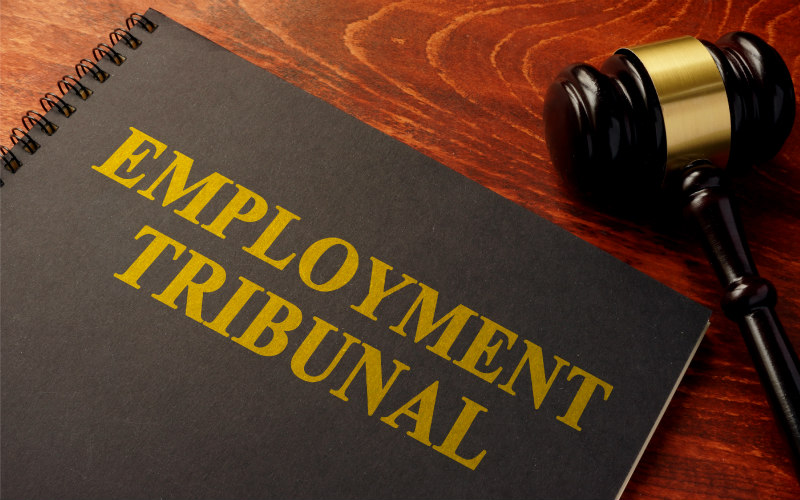
In a significant ruling on 26 July 2017, the Supreme Court unanimously decided that the issue and hearing fees, which were introduced to the Employment Tribunal in 2013, were in fact unlawful and the legislation that introduced them should subsequently be quashed. What are Tribunal fees?
Prior to the introduction of Tribunal fees, there was no cost for bringing a claim to the Employment Tribunal (other than legal fees if a claimant was represented) and there was a feeling that this resulted in a number of unmeritorious claims and did not encourage the early settlement of cases. As such, Tribunal fees were introduced in July 2013 under the Employment Tribunal and the Employment Appeal Tribunal Fees Order (the ‘Fees Order’). The intended purpose was to shift the burden of costs from the taxpayers to the individual seeking the service of the Tribunal, minimise “unmeritorious” claims and encourage early settlement.
The fees were split into two types: type A which covered fairly minor cases such as wage claims and breach of contract and type B which covered everything else which would be likely to be more complex e.g. unfair dismissal claims and discrimination claims. The cost of pursuing a type A claim was approximately £160, with an additional £230 for the hearing (total, £390). However, the cost of pursuing a type B claim was approximately £250 with an additional £950 for the hearing (total, £1,200). There was the possibility of full or partial remission of fees depending on the income of the claimant/appellant and if applicable, their partner. However, there were relatively few cases where this has applied and uptake was much lower than originally anticipated.
There was huge opposition to the introduction of the fees as it was felt that they were preventing people from accessing the justice that they deserved. Indeed, the Supreme Court heard that following the introduction of legal fees, there was a reduction of 66-70% in claims to the Tribunal.
The decision
The Supreme Court found that, after the introduction of Tribunal fees, there was not a significant increase in the number of cases which were being resolved by early conciliation through ACAS and claims without merit were still appearing through the Tribunal. Therefore, it was stated by Lord Reed in the Supreme Court judgement that the fees were not meeting their aims.
The Supreme Court also held that it was not solely the issue of an individual being able to afford the claim, but also that the high fee meant that, in many cases, it was not worth an individual bringing a claim unless they were absolutely sure they would win the case; therefore the fee rendered many claims “futile and irrational”. As a result of both of these points, it was determined that the level of fees obstructed access to justice.
It was also decided that the Fees Order amounted to indirect discrimination. This was because it was found that more women brought a type B claim than a type A claim. Consequently, women were paying more for their claims to be processed than men and, therefore, they were placed at a disadvantage compared to men.
What now?
As a result of all of the above, fees for bringing a tribunal claim have been removed as of the decision on 26th July 2017 and it is predicted that the government will honour its previous promise that if the outcome of the case was that the fees were unlawful, they would refund all fees paid since their introduction in 2013. However, how they will practically do this given some claimants will have had remission, fees paid by insurance companies or unions or even had their fees paid by the respondent if they were successful with their claims, remains to be seen.
It is suspected that although fees in the Tribunal have currently been removed, there will be a further introduction of fees. It is probable that these will be more in line with the current charges for bringing claims to the civil courts and it is expected that the government will issue a consultation in relation to this in the near future.
In the meantime, it will be interesting to see whether the number of cases which are taken to Tribunal, returns to pre-Tribunal fee levels, and whether employers will see a return of so called unfounded cases.
If you have any questions about employment tribunal representation, or any other employment query, please contact Noele McClelland in our specialist Employment Law team on 01382 229111, or alternatively contact a member of the Employment Law team.
